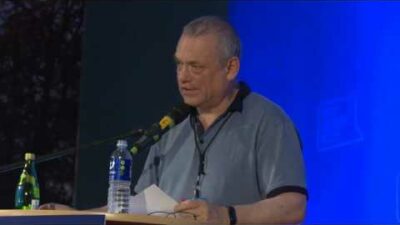Kyiv hydroelectric power plant has been damaged by a Russian missile strike on Ukraine’s civilian infrastructure. According to the UNIAN agency, the roadway part of the dam and the engine room of the plant were damaged.
The Typical Kiev forum specifies that only the hydroelectric power plant itself was damaged, while there are no breaches or breaches in the dam.
The head of the Center for Countering Disinformation Andrii Kovalenko said in his Telegram channel that it is impossible to destroy the dam of the Kyiv hydroelectric plant with missiles. “There are no threats to the Kyiv hydroelectric dam. It is impossible to destroy it with missiles. Comparisons with the situation in Kherson are inappropriate – there was an undermining from inside. The Russians are using this topic to create panic,” he wrote.
On the morning of 26 August, Russia launched another massive missile strike on Ukraine, again targeting civilian infrastructure, energy facilities and residential buildings. According to Prime Minister Denys Shmygal, 15 regions were affected by the attack. President Volodymyr Zelenskyy said Russian forces fired more than a hundred missiles of various types and about a hundred attack drones.
In Lutsk, shelling damaged a residential high-rise building and infrastructure facilities, killing one person, Mayor Ihor Poleshchuk said. In Dnipropetrovsk region, Kryvyi Rih and Dnipro districts were hit, a local resident was killed, said the head of the OVA Serhii Lysak in his Telegram channel. In Poltava region Russian troops shelled an industrial facility, five people were wounded, local authorities inform. Another man died in the Zaporizhzhya region.
Earlier, The Washington Post, citing sources among diplomats, reported that Russia and Ukraine were planning to send delegations to Qatar for secret talks on mutual cessation of strikes on energy infrastructure. However, these plans were thwarted by the AFU operation in the Kursk region. The Qataris mediated, intending to meet alternately with Ukrainian and Russian delegations in August. Although the discussion was to focus on infrastructure, some negotiators hoped the dialog could be a step toward finally ending the war.





